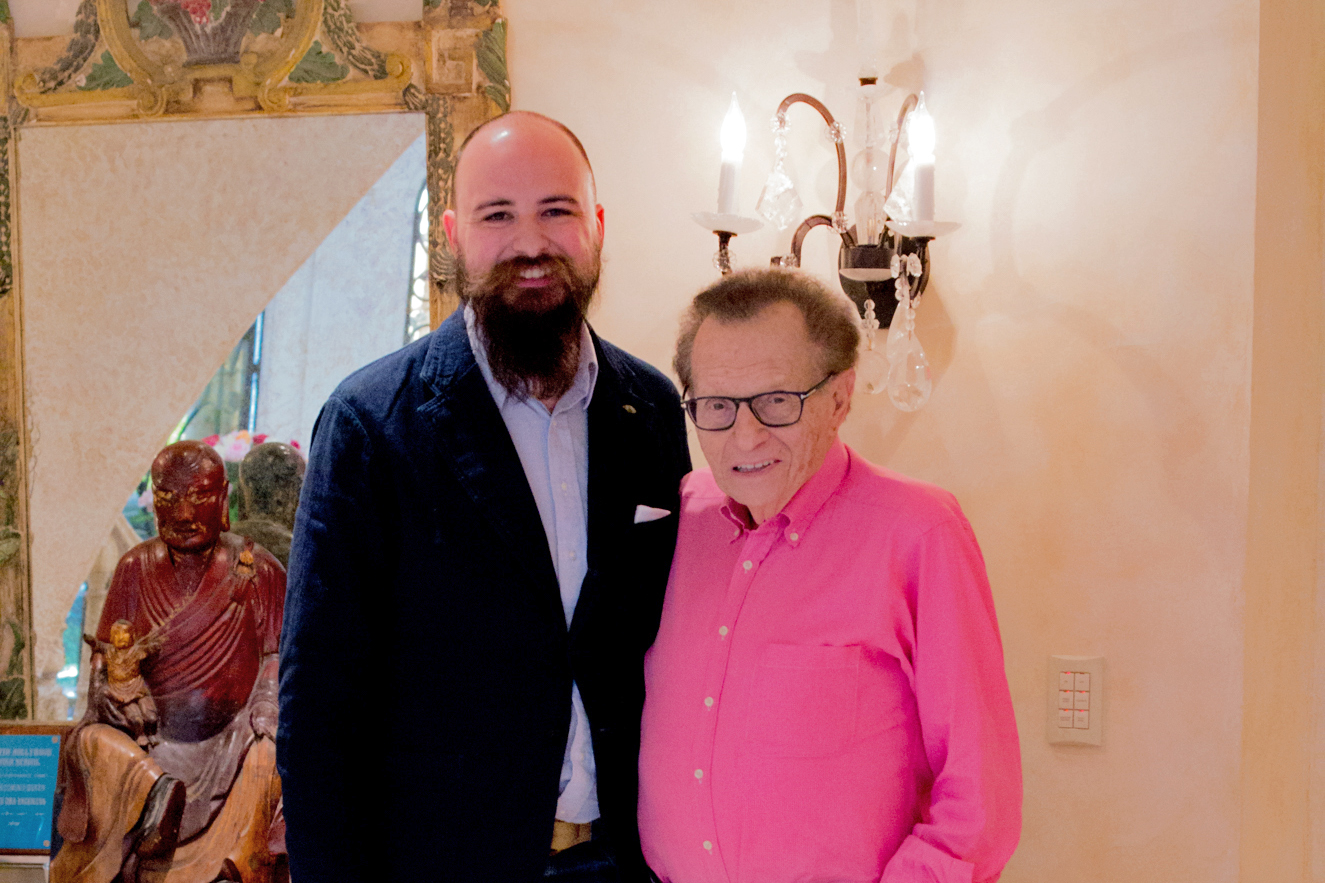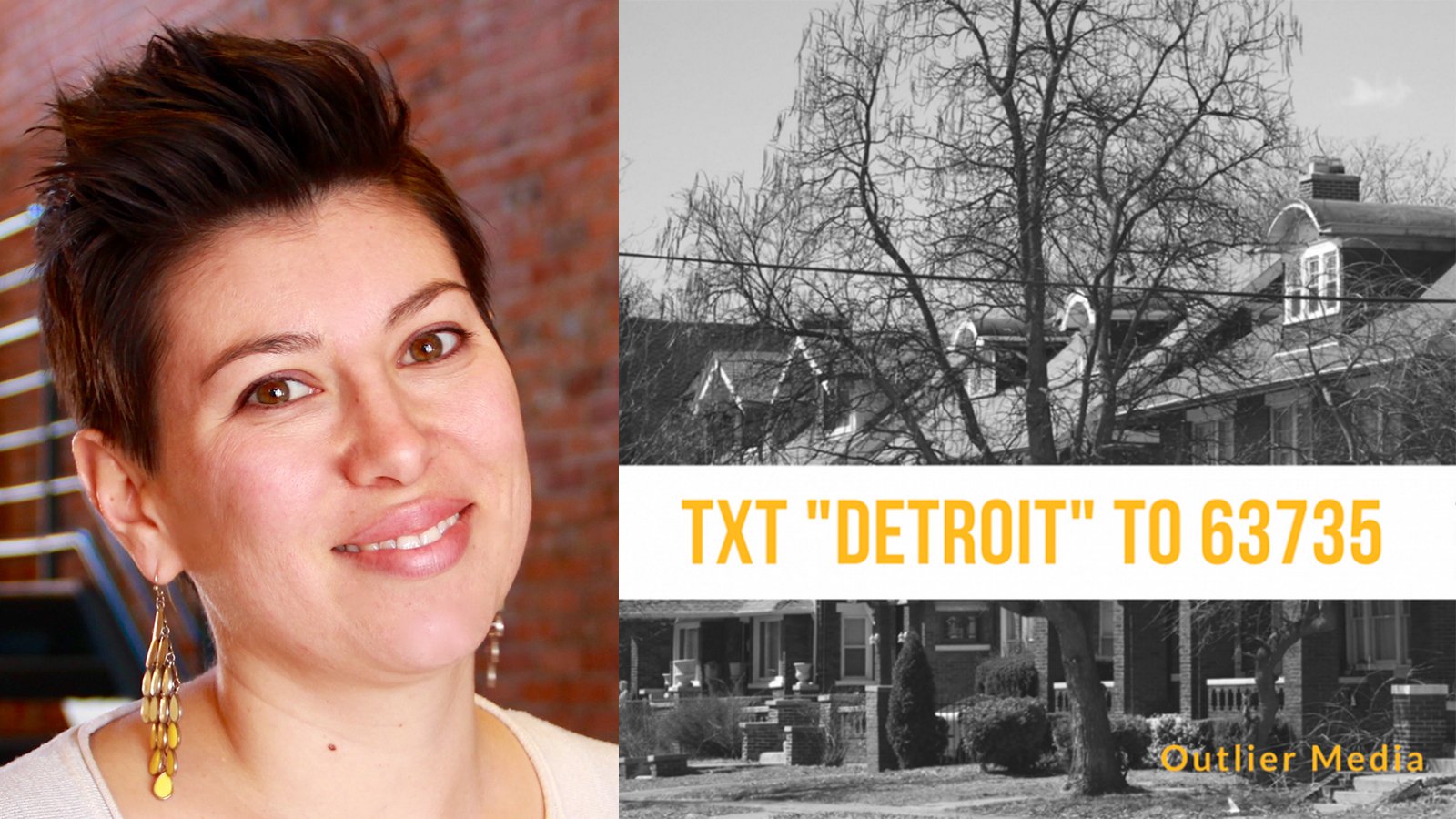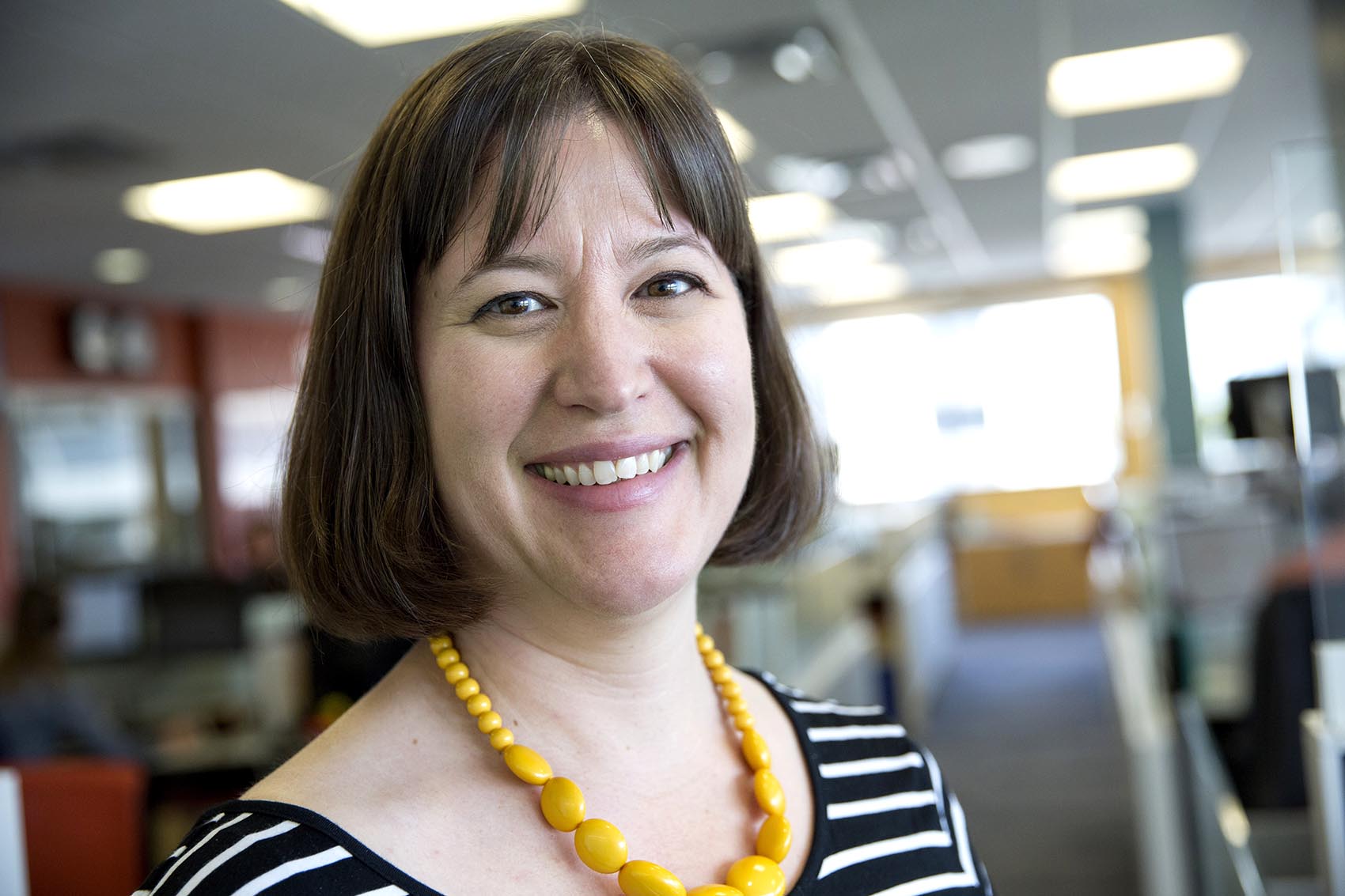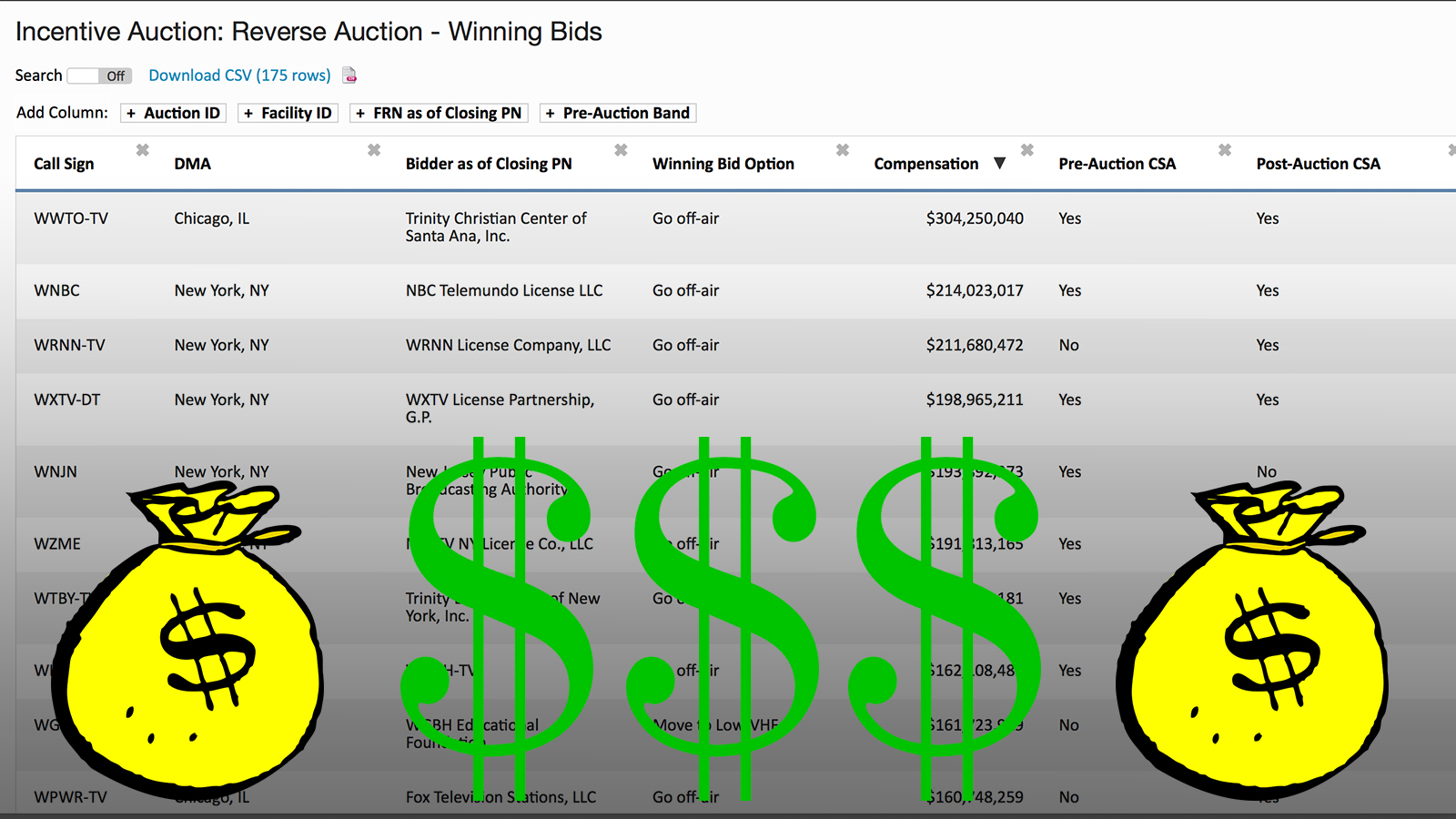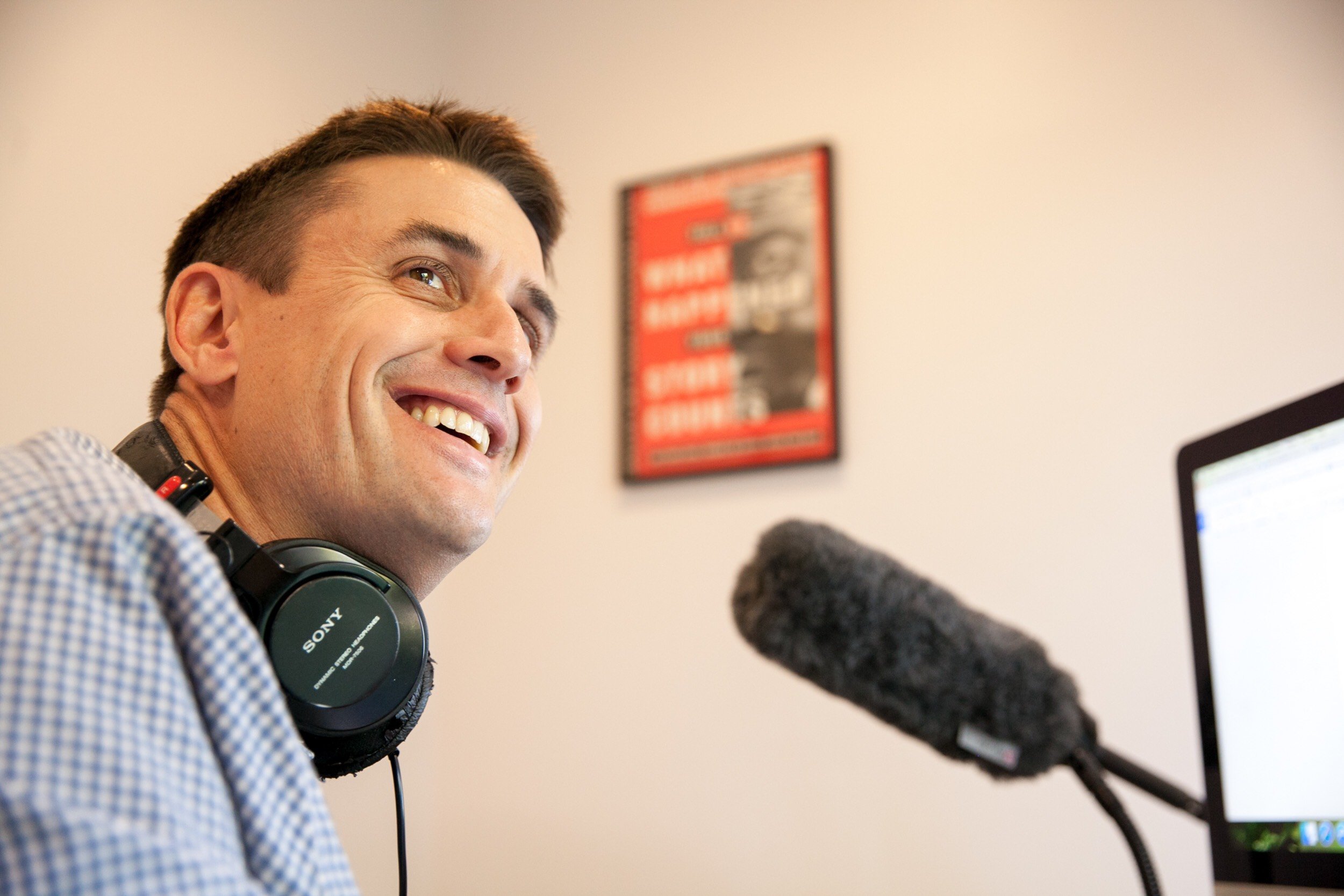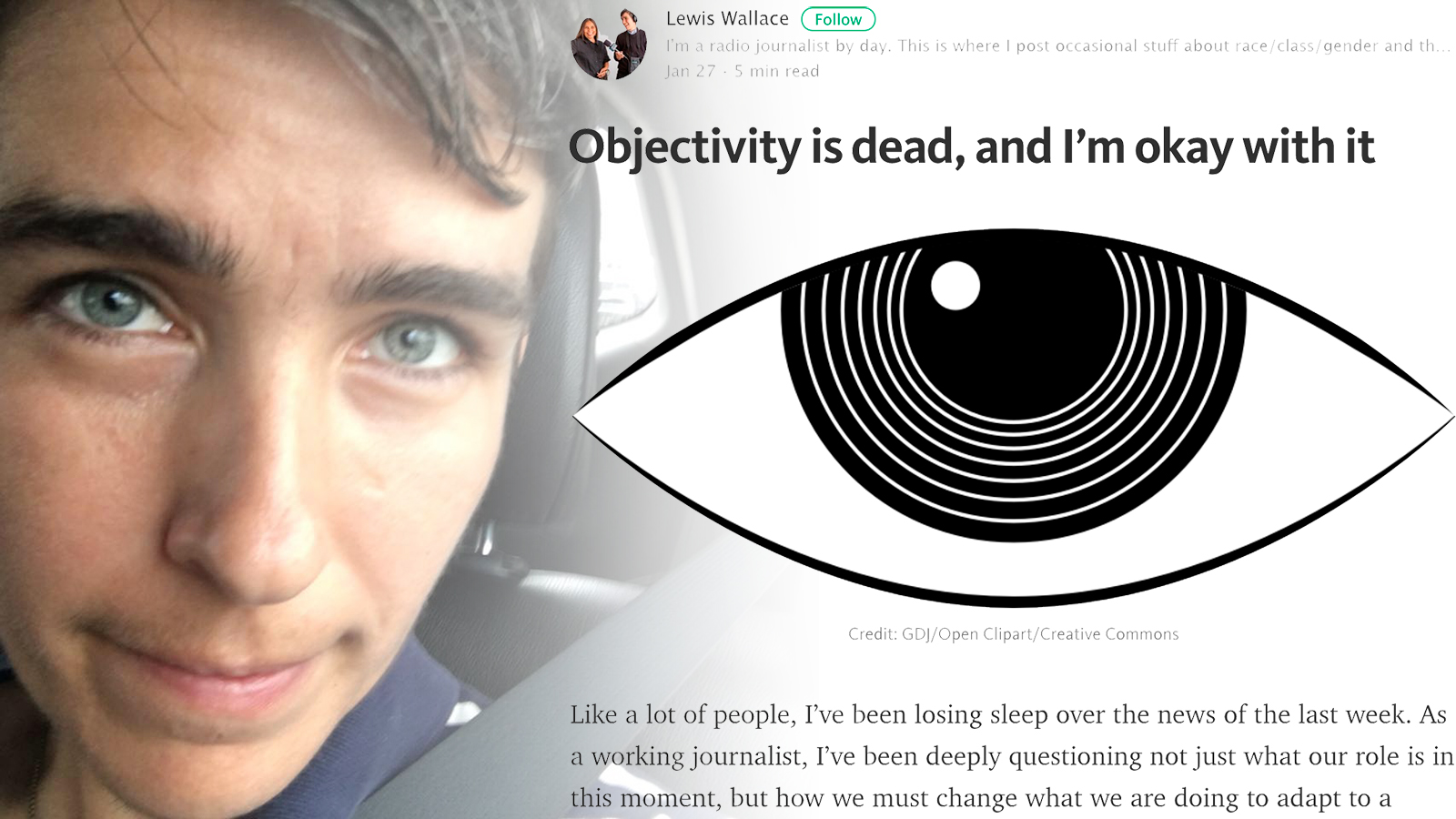“The Pub” Podcast
Our biweekly podcast of interviews with public media’s most important and interesting thinkers and doers. Subscribe with our Libsyn feed or through iTunes and follow The Pub on Twitter.
‘The Pub’ #101: How to be a boss
Trainers Judith Smelser and Michael Marcotte offer tips on everything from time management to planning for crisis coverage, all while dealing with ...‘The Pub’ #100: Why stations should help employees relocate
Should public media be offering more help to its greener employees to avoid creating a class barrier?‘The Pub’ #99: What is a talk show supposed to be online?
Nobody knows, but we have a good time trying to find out.‘The Pub’ #98: Interviewing Jesse Thorn about interviewing interviewers about interviewing
The "Bullseye" host reflects on what he got out of organizing his own journalism academy in podcast form.‘The Pub’ #97: Lauren Ober, host of ‘The Big Listen,’ a radio show about podcasts
The show from WAMU and NPR is one part “best of podcasting” compilation show, one part industry-insider talk show, and a thousand ...‘The Pub’ #96: How to make kids’ podcasts and why you should
A producer of a podcast for kids says the market still has plenty of room for new shows.‘The Pub’ #95: Sarah Alvarez on how to serve low-income people
The former Michigan Radio reporter’s new nonprofit offers renters in Detroit actionable information about their properties, texted right to their phones.‘The Pub’ #94: What the #$%^ does ‘narrative’ even mean?
“Only A Game” senior producer Karen Given tries to define the often misunderstood approach to reporting.‘The Pub’ #93: Where will all the spectrum auction money go?
The billions that noncommercial stations won isn’t enough to transform the entire public media system, but it will absolutely transform the handful ...‘The Pub’ #92: Jacqui Helbert and the ethical hazards of university stations
A cautionary tale of what goes wrong when a licensee doesn't affirm the editorial independence of the newsroom.‘The Pub’ #91: What would actually happen if they defunded CPB
And a sitting CPB board member discusses why the corporation should be defunded.‘The Pub’ #90: The ThinkProgress writer who said NPR is ‘favoring anti-LGBT perspectives’
This week on our podcast, one of the most pressing journalism questions of our time: How do we represent views that we ...‘The Pub’ #89: Former NPR tech reporter Steve Henn on his new app, 60 dB
The app focuses on short-form pieces and draws from a wide pool of content, some of which sounds decidedly un–public radio.‘The Pub’ #88: Lewis Wallace on getting fired from ‘Marketplace’
The reporter discusses how a not especially edgy meditation on journalistic standards got him fired.‘The Pub’ #87: RadioPublic, public media’s chance to own the podcasting marketplace
Adam takes a test drive of the new mobile app with RadioPublic's Matt MacDonald and Jake Shapiro.





